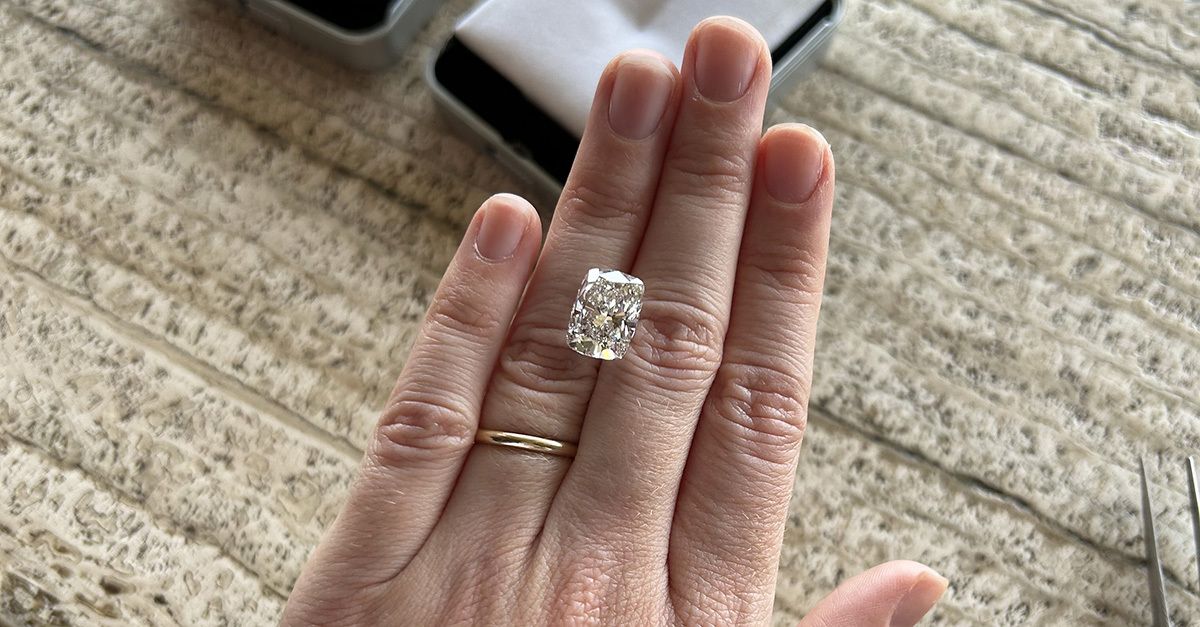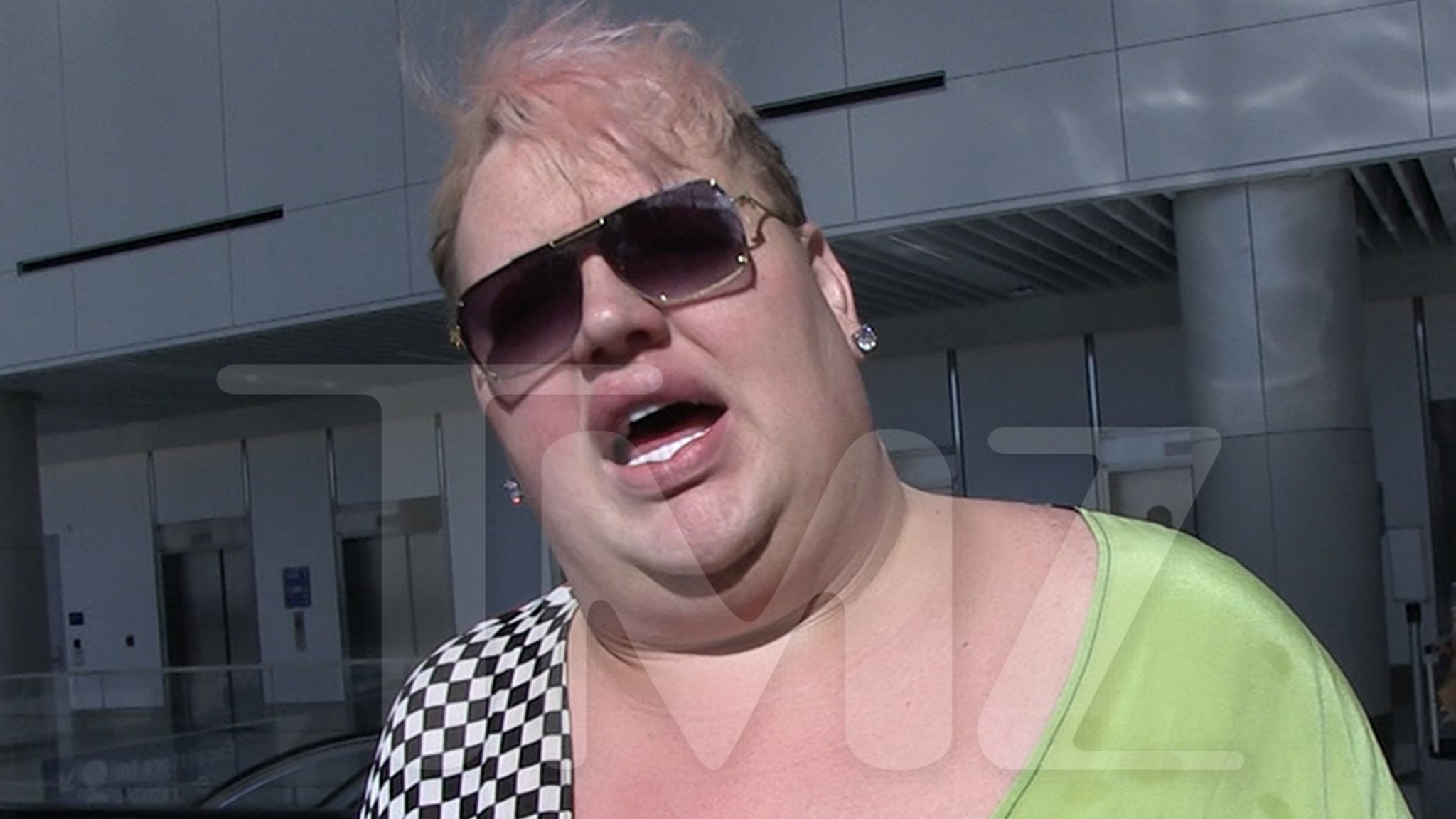Unlock the Editor’s Digest for free
Roula Khalaf, Editor of the FT, selects her favourite stories in this weekly newsletter.
Italy’s competition watchdog has launched an investigation into luxury fashion groups Armani and Dior for unfair commercial practices connected to the alleged exploitation of workers in their Italian supply chains.
The authority said it was probing whether the two companies made “untrue ethical and social responsibility statements” about working conditions at subcontractors producing handbags and other upmarket goods.
While both luxury brands “emphasise craftsmanship and workmanship excellence” in public communications, Italy’s Authority for the Guarantee of Competition and the Market (AGCM) said the companies appeared to have relied on suppliers where workers were paid “inadequate” wages, and toiled in poor health and safety conditions, including working excessive overtime.
The watchdog said the groups were being investigated for potential “illicit conduct in the promotion and sale of clothing and accessories” as a result.
Watchdog officials, along with members of the antitrust unit of Italy’s Guardia di Finanza, or financial police, carried out inspections at Armani’s headquarters and other group companies, and at the headquarters of Dior Italia’s operations on Tuesday, it added.
Dior, which is owned by French luxury group LVMH, said that in view of “the gravity of the violations committed by these suppliers” the company was cooperating with Italian authorities in their investigation. “The house of Dior firmly condemns these unworthy acts which contradict its values and the code of conduct signed by these suppliers,” it said in a statement, adding that no new orders would be made with the two manufacturers in question.
“The Dior teams are working intensely on ongoing reinforcements of the existing procedures. Despite regular audits, these two suppliers had evidently succeeded in hiding these practices,” the company added.
The Armani Group confirmed it was under investigation, but said it said the companies involved were co-operating with the authorities but “believe the allegations have no merit and are confident of a positive result” once the probe ends.
The high profile AGCM probe comes on the heels of two recent Milan court rulings which placed the Italian manufacturing subsidiaries of Dior and Armani under judicial administration over concerns about abuses in their supply chains in Italy.
The authorities found that the two subsidiaries — wholly-owned by their parent companies — used Chinese-owned subcontractors in Italy that appeared to be abusing their employees, many of them foreign workers from China. Many workers were living in squalid makeshift dorms above the premises, typically over stocks of improperly stored inflammatory chemicals, court documents show. Some were found to be in Italy illegally, making them even more vulnerable to abuse and exploitation.
When putting Giorgio Armani Operations under judicial administration for a year, a three-judge panel of a special Milan court in April found the company had negligently tolerated a production system “clearly aimed at cutting costs and maximising profits by circumventing criminal and labour laws” and of failing to carry out minimal due diligence and audits of the supply chain.
In pushing for Manufactures Dior to be put under judicial administration last month, investigators found that Dior was paying its Chinese supplier €53 for a handbag that can then sell for thousands of euros. Dior was also found to have failed to carry out basic due diligence or adequately supervise suppliers.
Dior has disputed some of this characterisation, saying it carried out regular audits while acknowledging improvements in its procedures would be needed. It also said the subcontractors were only involved in partial assembly of men’s leather accessories, not handbags, and that the production costs cited in media reports were “ridiculously low”.
“The profit margin of the house of Dior is entirely in line with that of the luxury industry and nothing of the order indicated by these erroneous comments,” the company said.
The high-profile probes are damaging for the sector and image conscious labels, which are able to maintain their cachet in part by promoting the idea that their products are manufactured by French and Italian artisans to high standards.
Luxury companies have also been keen to emphasise that their products are inherently sustainable and ethical because of their craftsmanship, in contrast to fast fashion.
However, luxury’s supply chains have come under increased scrutiny in recent years as consumers and investors become more conscious about the risks of substandard practices by subcontractors. Many groups, such as Chanel, have invested heavily in buying their suppliers and bringing them in-house.
Additional reporting by Giuliana Ricozzi in Rome


























































![Mason Ramsey – Twang [Official Music Video] Mason Ramsey – Twang [Official Music Video]](https://i.ytimg.com/vi/xwe8F_AhLY0/maxresdefault.jpg)





















